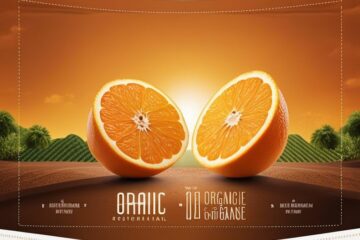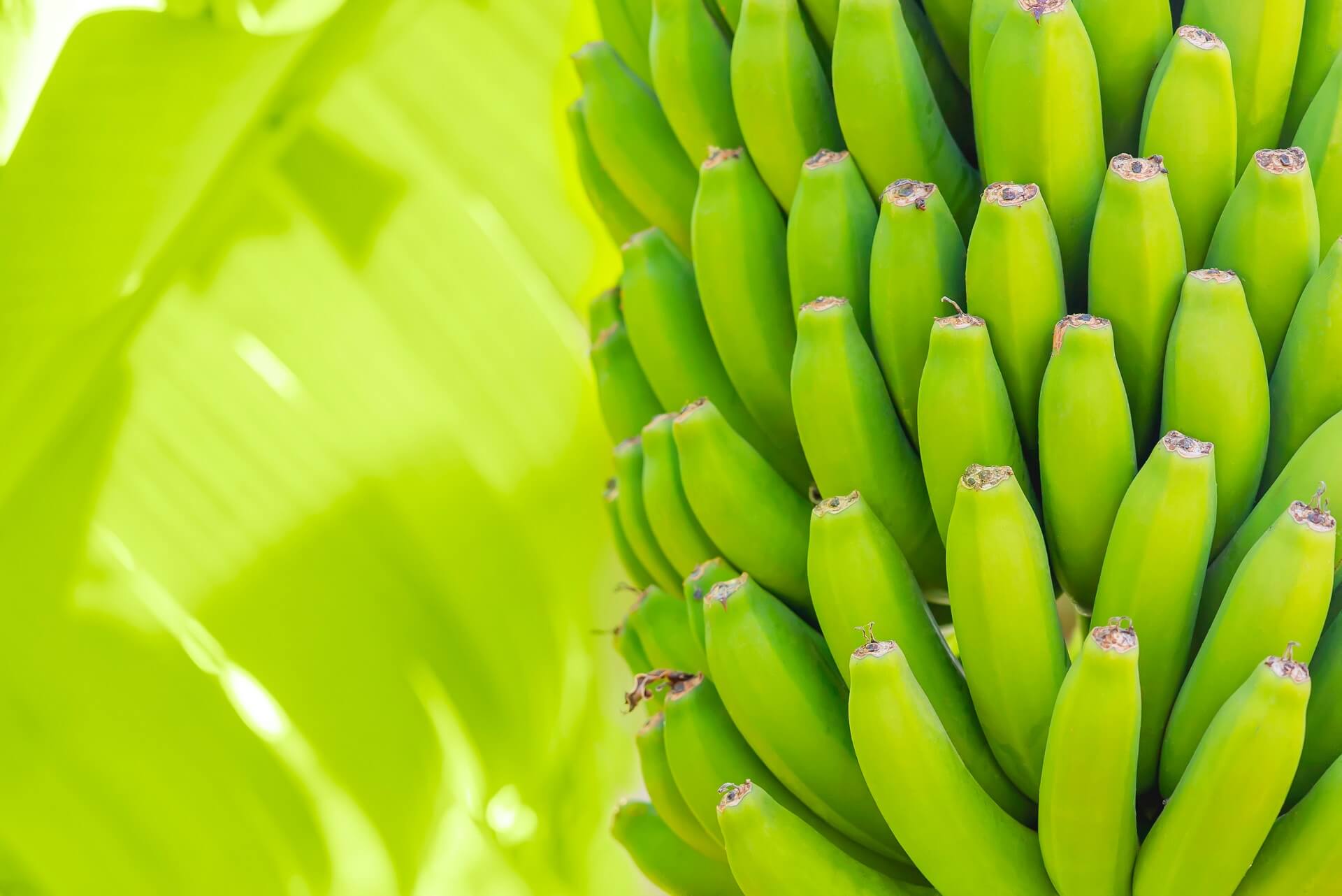Embarking on a vegan diet can be a transformative experience, but it’s important to arm yourself with the right knowledge and tools to ensure success. This ultimate guide for beginners will equip you with essential information about the vegan diet, from its health benefits and potential pitfalls to practical tips on meal planning and nutrient intake. Whether you’re considering a switch to plant-based eating for ethical, environmental, or health reasons, this comprehensive guide will lay the groundwork for your journey towards a healthier, cruelty-free lifestyle.
Table of Contents
Types of Vegan Diets
Your journey into the world of veganism begins with understanding the different types of vegan diets you can choose from. Each type has its own unique features and benefits, catering to different preferences and health goals. Here are some of the most popular types of vegan diets:
| Whole-Food Vegan Diet | Raw-Food Vegan Diet |
| Junk-Food Vegan Diet | Low-Fat, Raw-Food Vegan Diet |
| Low-Carb Vegan Diet |
Whole-Food Vegan Diet
On a whole-food vegan diet, the focus is on consuming whole, unrefined plant foods such as fruits, vegetables, whole grains, legumes, nuts, and seeds. This type of diet emphasizes the consumption of nutrient-dense foods that are rich in fiber, vitamins, and minerals, promoting overall health and well-being.
Whole-food vegan diet also eliminates processed foods and added sugars, which can contribute to weight management and reduce the risk of chronic diseases such as heart disease and type 2 diabetes. Additionally, it encourages a sustainable and environmentally-friendly approach to eating.
Raw-Food Vegan Diet
The raw-food vegan diet consists of uncooked, unprocessed, and organic plant-based foods to preserve their nutritional content. The primary focus is on consuming raw fruits, vegetables, nuts, and seeds. This diet is believed to maximize nutrient intake and enzymatic activity in foods, promoting better digestion and absorption of nutrients.
It is important to note that cooking food can destroy certain nutrients, so the raw-food vegan diet aims to retain the natural benefits of these plant-based foods. Furthermore, raw food enthusiasts believe that this diet can improve energy levels, digestive health, and overall vitality. However, it is essential to ensure proper meal planning to meet nutritional requirements.
It is important to note that cooking food can destroy certain nutrients, so the raw-food vegan diet aims to retain the natural benefits of these plant-based foods.
Junk-Food Vegan Diet
Junk-food vegan diet may include a variety of highly processed vegan-friendly foods such as vegan burgers, fries, sugary treats, and convenience foods that offer minimal nutritional value. While these foods are free from animal products, they can be high in calories, unhealthy fats, and additives which can lead to weight gain and health issues if consumed excessively.
Junk-food vegan diet may be convenient for some individuals, but it is important to limit the consumption of these processed foods and focus on whole, nutrient-dense plant foods for optimal health.
Step-by-Step Guide for Beginners
One essential aspect of starting a vegan diet is to have a step-by-step guide that can help beginners transition smoothly. Below is a breakdown of the essential information that beginners need to know to start their vegan journey.
| Step 1: | How to start your vegan journey |
| Step 2: | Essential nutrients and where to find them |
| Step 3: | Reading labels and vegan shopping tips |
How to Start Your Vegan Journey
Step-by-step, transitioning to a vegan diet begins with educating yourself about plant-based alternatives to animal products. Start by gradually replacing non-vegan items in your diet with vegan options. Also, familiarize yourself with vegan cooking techniques and recipes to ensure a smooth transition.
Another crucial step is to connect with the vegan community for support and guidance. Networking with like-minded individuals can provide valuable tips and motivation as you embark on your vegan journey.
Essential Nutrients and Where to Find Them
Essential nutrients on a vegan diet include protein, iron, calcium, and vitamin B12. It’s vital to obtain these nutrients from plant-based sources to maintain overall health and well-being. Additionally, incorporating a variety of fruits, vegetables, whole grains, nuts, and seeds into your diet will help ensure you are meeting your nutritional needs.
Plus, consider taking a vitamin B12 supplement to ensure you are meeting your daily requirements. This is one nutrient that can be challenging to obtain solely from plant-based sources.
Reading Labels and Vegan Shopping Tips
Vegan shopping involves carefully reading food labels to identify non-vegan ingredients such as dairy, eggs, and animal-derived additives. Look for bolded allergen statements and scan for any hidden animal products in the ingredients list. Assume that any unfamiliar ingredient could potentially be non-vegan and conduct thorough research before consuming the product.
The key to successful vegan shopping is to know and understand the different names for animal-derived ingredients, such as gelatin, casein, and whey. Familiarize yourself with alternative plant-based products and brands that are readily available in the market. Assume that plant-based options are widely accessible and experiment with different products to find your preferred choices.
Factors to Consider
Despite the numerous benefits of a vegan diet, there are several factors to consider before making the transition. It’s important to take into account personal health and nutritional needs, environmental impact and animal welfare, as well as budget and meal planning.
Personal Health and Nutritional Needs
To ensure a successful transition to a vegan lifestyle, it’s crucial to consider your personal health and nutritional needs. Consulting with a healthcare professional or a registered dietitian can provide valuable insights into ways to meet your nutritional requirements while following a plant-based diet.
Environmental Impact and Animal Welfare
Animal welfare and the environmental impact of food consumption are two significant factors to consider when exploring the idea of a vegan diet. Choosing plant-based options over animal products can significantly reduce the demand for factory farming and contribute to sustainable living.
This not only benefits the well-being of animals but also plays a pivotal role in preserving the environment and natural resources.
Budget and Meal Planning
To effectively incorporate a vegan diet into your lifestyle, careful consideration of your budget and meal planning is essential. Plant-based foods can be both economic and nutritious, and with proper planning, it is possible to create well-balanced meals within a budget.
With strategic meal planning and budget-friendly shopping, you can ensure that your transition to a vegan diet is not only healthful and impactful, but also financially sustainable.
Pros and Cons of a Vegan Diet
Now, let’s take a closer look at the pros and cons of following a vegan diet. It’s important to weigh the benefits and drawbacks before making the decision to adopt this lifestyle.
| Pros | Cons |
| High intake of fruits and vegetables | Potential for nutrient deficiencies |
| Lower risk of heart disease | Difficulty dining out |
| Reduced risk of certain cancers | Social challenges in non-vegan environments |
| Environmental sustainability | Need for careful meal planning |
| Animal welfare concerns | Initial adjustment period |
| Weight management | Potential for criticism and judgment |
| Supporting ethical food production | Difficulty finding vegan options in certain locations |
Health Benefits and Risks
Diet plays a crucial role in determining overall health, and a vegan diet can offer numerous benefits. The consumption of abundant fruits and vegetables provides essential nutrients and antioxidants while reducing the risk of heart disease and certain cancers. However, it’s important to be mindful of potential nutrient deficiencies, particularly in vitamin B12, iron, and omega-3 fatty acids, which are commonly found in animal products.
Diet
Careful meal planning and possible supplementation are crucial to mitigate these risks and ensure a well-rounded vegan diet.
Social and Lifestyle Impacts
Diet
Adopting a vegan lifestyle may have significant social and lifestyle impacts. Dining out can become more challenging, and individuals may face criticism and judgment for their dietary choices. However, the satisfaction of supporting ethical food production and aligning with personal values can be deeply rewarding.
Final Words
Following this comprehensive guide will provide beginners with all the necessary knowledge and tools to successfully adopt a vegan diet. By understanding the benefits, potential challenges, and key principles of plant-based nutrition, individuals can make informed decisions and maintain a balanced and healthy lifestyle. Remember, transitioning to a vegan diet is a personal journey, and it’s important to listen to your body, experiment with different foods, and seek support from the vegan community. With dedication and proper planning, anyone can thrive on a vegan diet and contribute to a more sustainable and compassionate world.
FAQ
Q: What is the vegan diet?
A: The vegan diet is a plant-based diet that eliminates all animal products, including meat, dairy, eggs, and even honey. It is a lifestyle choice that extends beyond just dietary preferences, as vegans also avoid using animal-derived products such as leather and fur.
Q: Is it possible to get all necessary nutrients from a vegan diet?
A: Yes, with thoughtful planning, it is entirely possible to get all necessary nutrients from a vegan diet. Key nutrients that may require attention include protein, iron, calcium, vitamin B12, and omega-3 fatty acids. These can be obtained from a variety of plant-based sources and, if needed, through supplements.
Q: What are the potential health benefits of a vegan diet?
A: A well-planned vegan diet can have numerous health benefits, including lower risk of heart disease, hypertension, type 2 diabetes, and certain types of cancer. It can also lead to weight loss, improved digestion, and increased energy levels. Additionally, the vegan diet is generally high in fiber, vitamins, and antioxidants, which can contribute to overall good health.

Our contributing author is a passionate advocate for eco-friendly living and sustainability. With a background in eco-life, they are dedicated to inspiring and empowering individuals to adopt environmentally conscious lifestyles. Through insightful articles, they share practical tips, innovative solutions, and thought-provoking perspectives to promote a greener, more sustainable world. Join them on the journey towards eco-smart living and discover how small choices can make a big impact. 🌱









